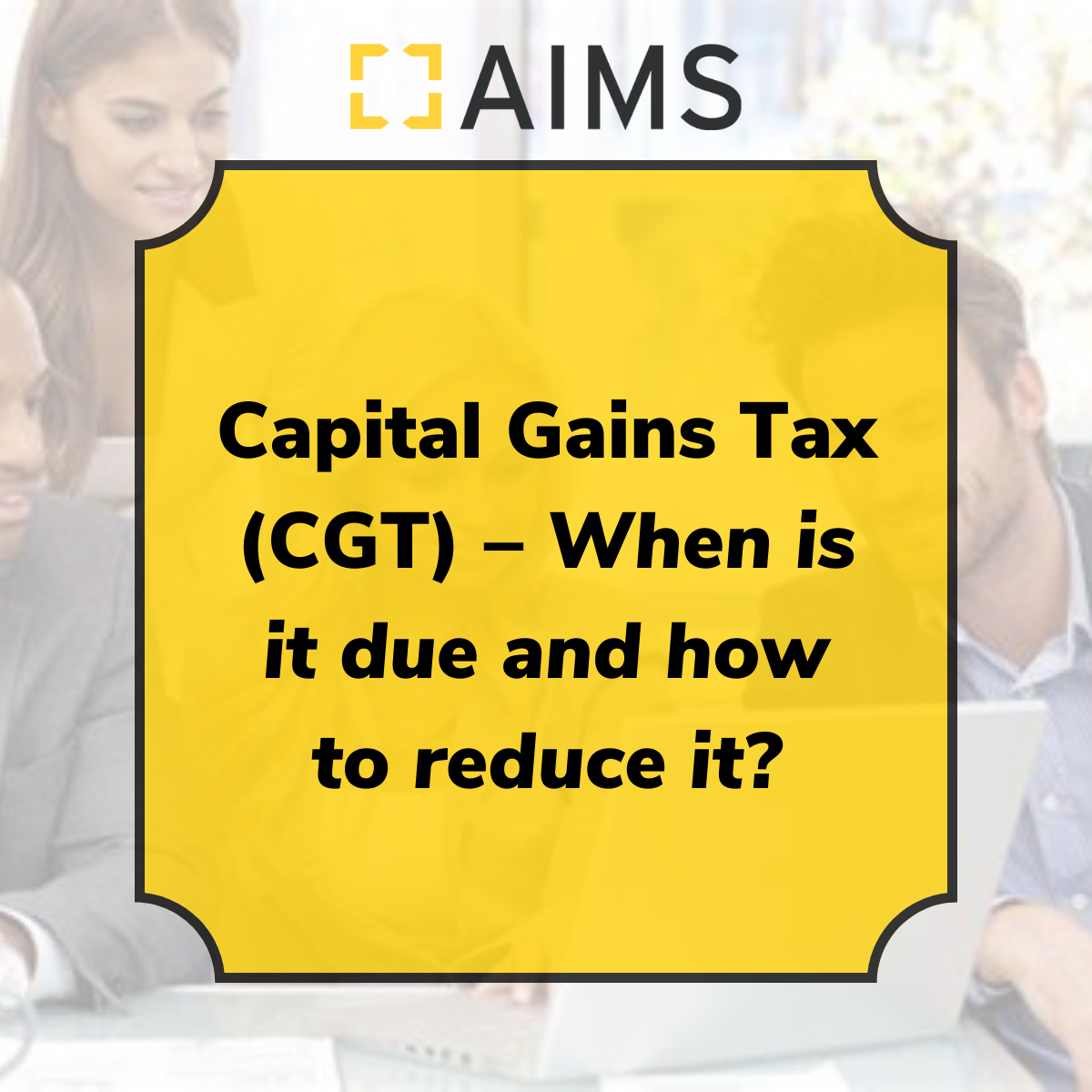
Capital Gains Tax (CGT) is a tax on the profit made when you dispose of something that has increased in value. That’s generally assets, including second home property and buy-to-let property. You are generally taxed not on the value of the underlying asset but on the actual gain you have made on the asset.
What counts as disposing of something? Of course, if you sell something you will have disposed of it, but giving something away, as well as swapping or getting some other benefit or compensation for it generally also counts as disposing of it.
What are some of the most important things to consider?
- You won’t generally need to pay CGT when selling your main home, but if the property is being used partially for a business, then tax may be due.
- Everyone has a tax-free allowance of £12,300 from capital gains – the annual exemption
- Basic-rate taxpayers pay capital gains tax at a rate of 10% (18% for residential property disposals) to the extent the gain uses up their remaining basic rate band.
- For higher rate taxpayers this increases to 20% (28% for residential property disposals)
- If you are a basic rate payer and the disposal pushes you into a higher-rate tax bracket you will pay a combination of the above taxes.
How to reduce capital gains tax?
- Consider costs of acquisition and disposal, as well as any capital improvements made if the asset is a property that can be claimed as an expense to reduce the gain, for example enhancing a property by means of adding a conservatory or extension.
- Transferring between spouses is currently exempt from CGT. This effectively doubles the CGT allowance for married couples and civil partners.
- Assets used in a trade can benefit from one of the CGT reliefs; Business Asset Disposal Relief (BADR), Rollover relief or Gift relief.
There are different situations where you need to pay Capital Gains Tax or that you could pay less of it, but it needs qualified accountancy assistance. We are business accountants for business people. To find your local AIMS Accountant visit our website.
